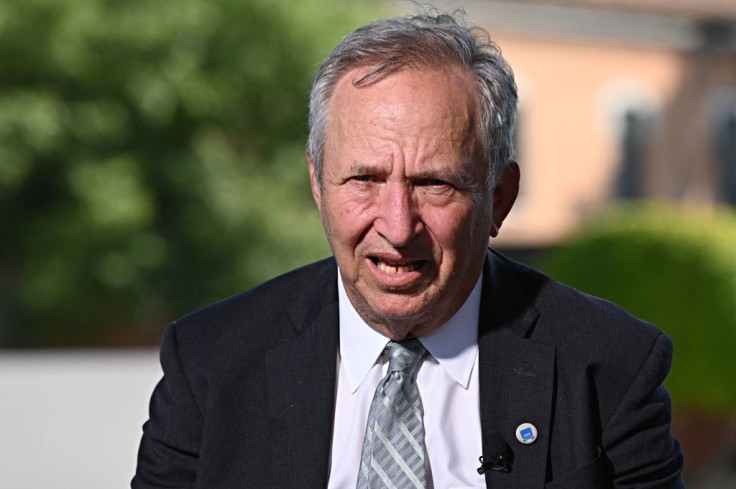
CAMBRIDGE, Mass. — Former Harvard University President Lawrence H. Summers delivered a scathing critique of his alma mater's leadership during a virtual fireside chat hosted by the 1636 Forum on Wednesday, April 9, 2025, arguing that their slow response to campus antisemitism handed the Trump administration an opportunity to wield influence over the institution. Speaking with Samuel W. Lessin '05, founder of the alumni-led group advocating for academic freedom and accountability at Harvard, Summers painted a picture of a university at a crossroads amid escalating federal pressure.
Summers, who led Harvard from 2001 to 2006, accused the current administration and the Harvard Corporation—its highest governing body—of failing to act decisively against what he described as pervasive antisemitic rhetoric from campus protesters and academic centers. "When you don't address these issues head-on, you leave a vacuum," Summers said, according to attendees of the event. "That vacuum gave Trump the leverage to step in and threaten the university's autonomy." His remarks come as the Trump administration intensifies its scrutiny of universities, with Harvard facing a review of over $8 billion in federal funding tied to its handling of antisemitism allegations.
The 1636 Forum, established by Lessin in 2023, provided the platform for Summers to air his concerns, aligning with its mission to push Harvard back toward academic excellence and robust governance. Summers argued that Harvard's reluctance to confront controversial voices—particularly those he labeled as "far-left redoubts"—not only emboldened external critics but also undermined the university's moral authority. "Harvard should be a leader, not a follower, in these fights," he asserted, urging the institution to leverage its prestige and resources to resist federal overreach.
The Trump administration's actions, including visa revocations and funding cuts at other universities like Columbia, loomed large over the discussion. Summers pointed to these moves as evidence of a broader strategy to pressure academia into compliance, warning that Harvard's inaction made it a prime target. "If Harvard doesn't stand up, who will?" he asked, echoing sentiments from a recent New York Times op-ed where he called for the university to mount a legal challenge against the White House.
While Summers acknowledged efforts like Harvard's recent adoption of the International Holocaust Remembrance Alliance's definition of antisemitism as a step forward, he stressed that more aggressive measures are needed. He criticized the administration's cautious approach under Interim President Alan M. Garber, suggesting it prioritizes avoiding conflict over defending core principles. "Leadership isn't about dodging bullets—it's about taking a stand," he said.
The virtual event drew a significant audience of alumni, many of whom expressed support for Summers' call to action in online forums following the talk. However, his remarks also reignited debates about his own tenure, marked by controversies over faculty relations and gender comments, which some critics argue weaken his standing to judge current leadership.
As Harvard navigates this turbulent period, Summers' words underscore a growing divide between those who see compromise with federal demands as inevitable and those who view resistance as essential to preserving academic integrity. With the 1636 Forum amplifying such voices, the pressure is mounting on Harvard to define its response—before the Trump administration does it for them.
© 2025 University Herald, All rights reserved. Do not reproduce without permission.








